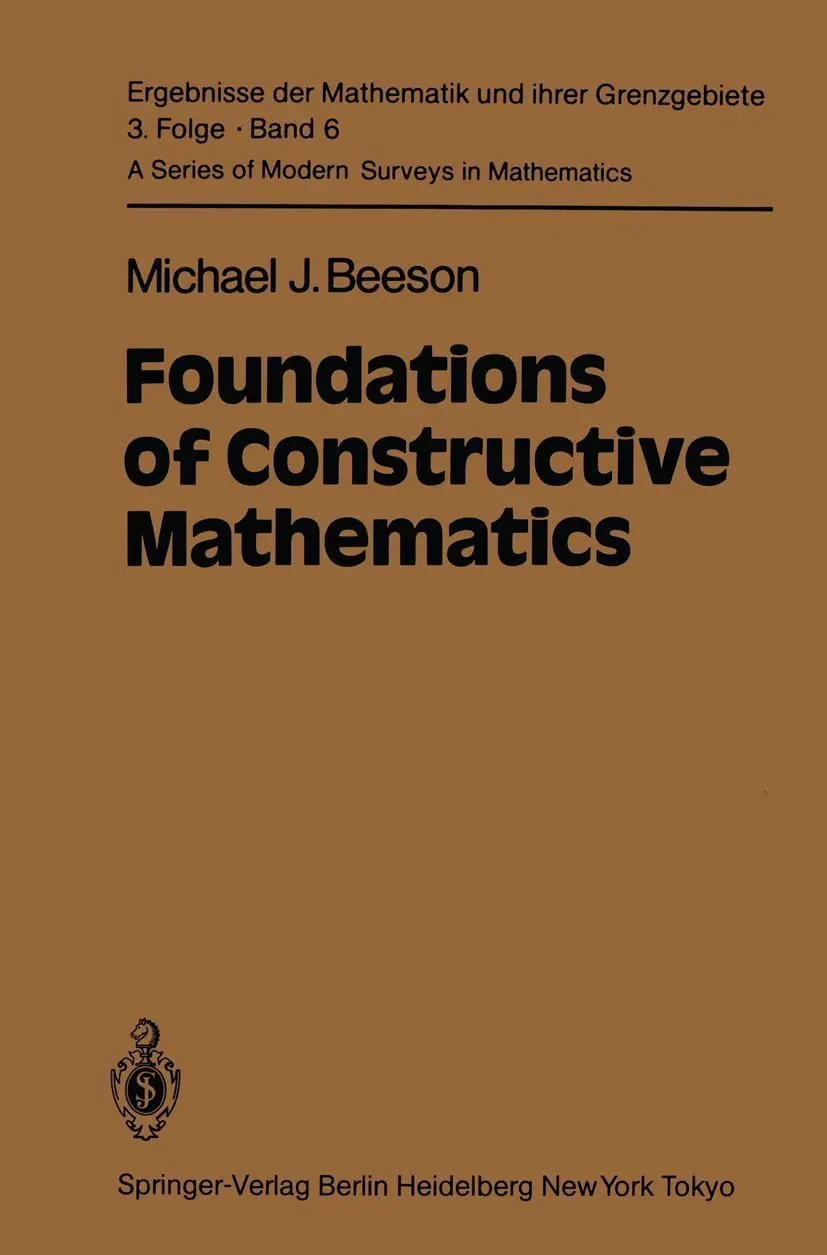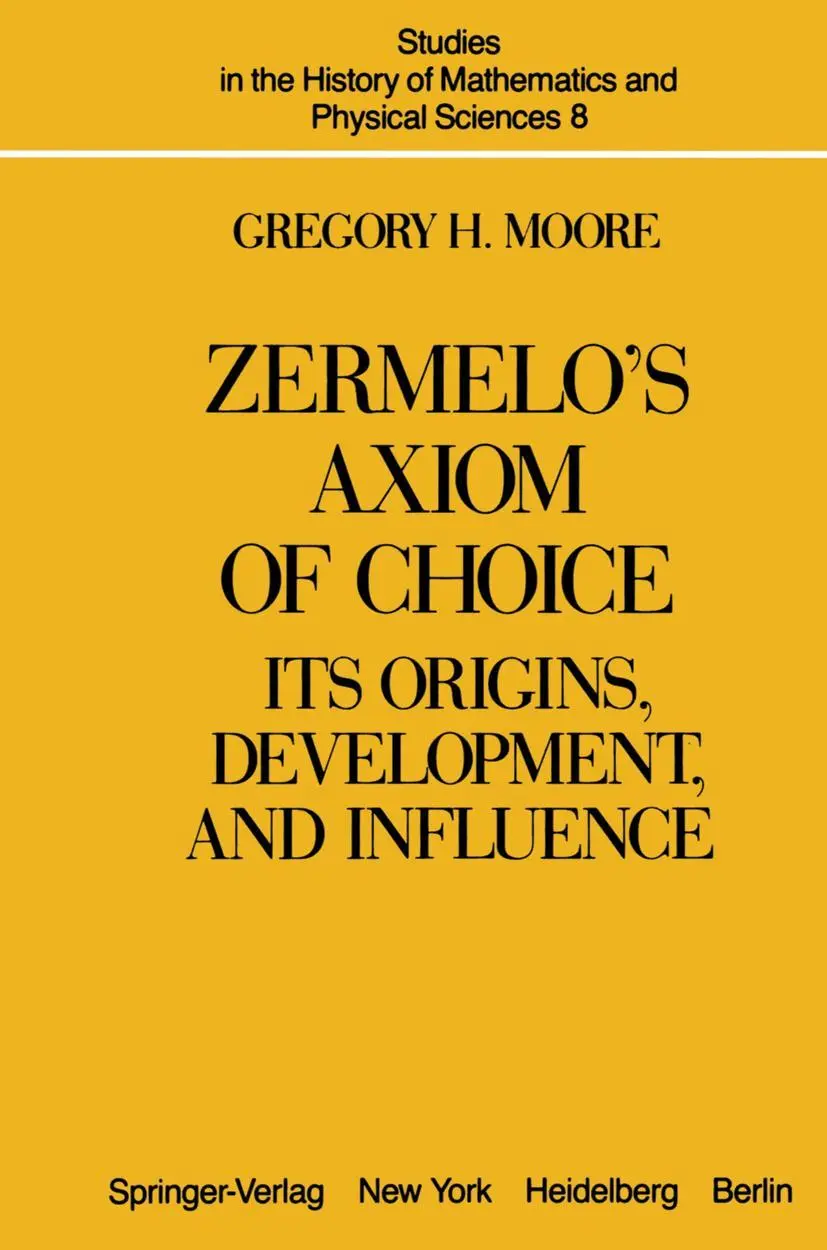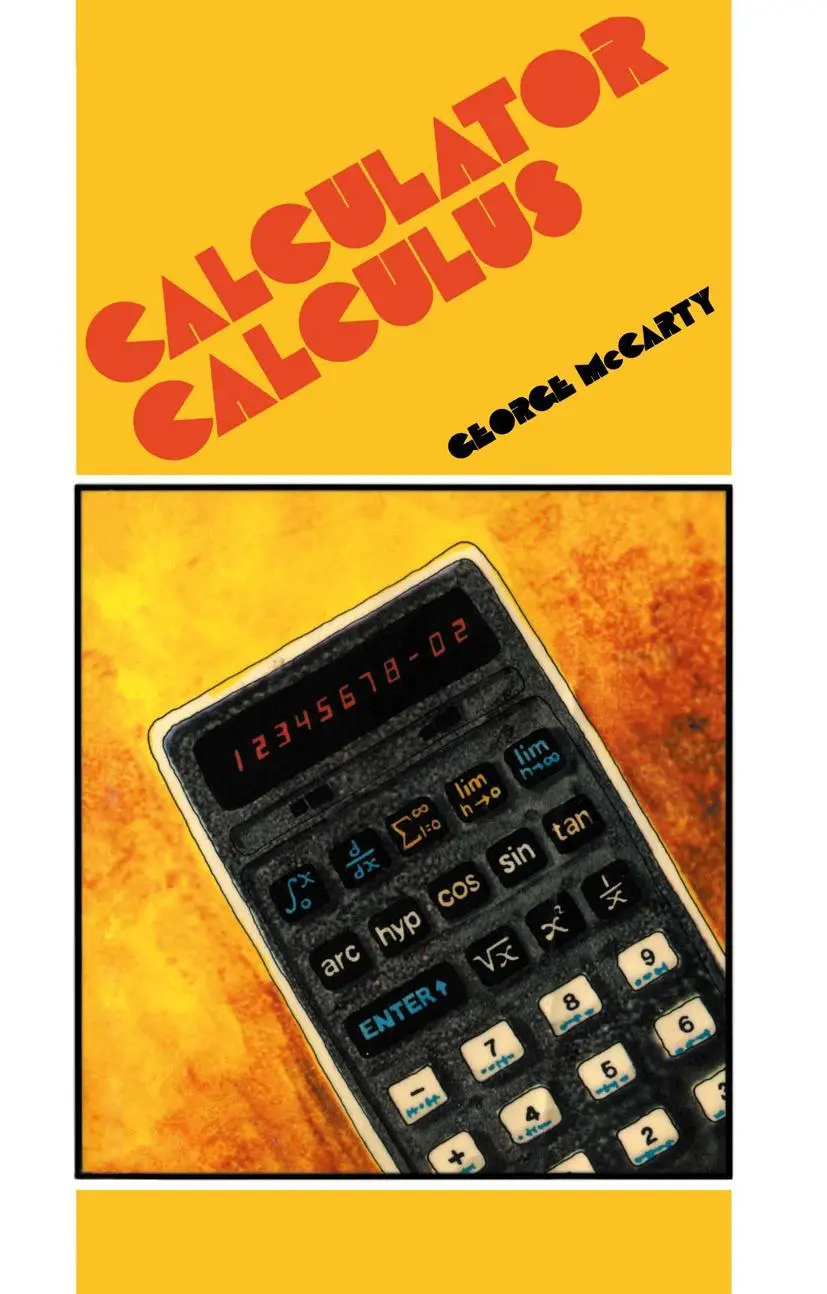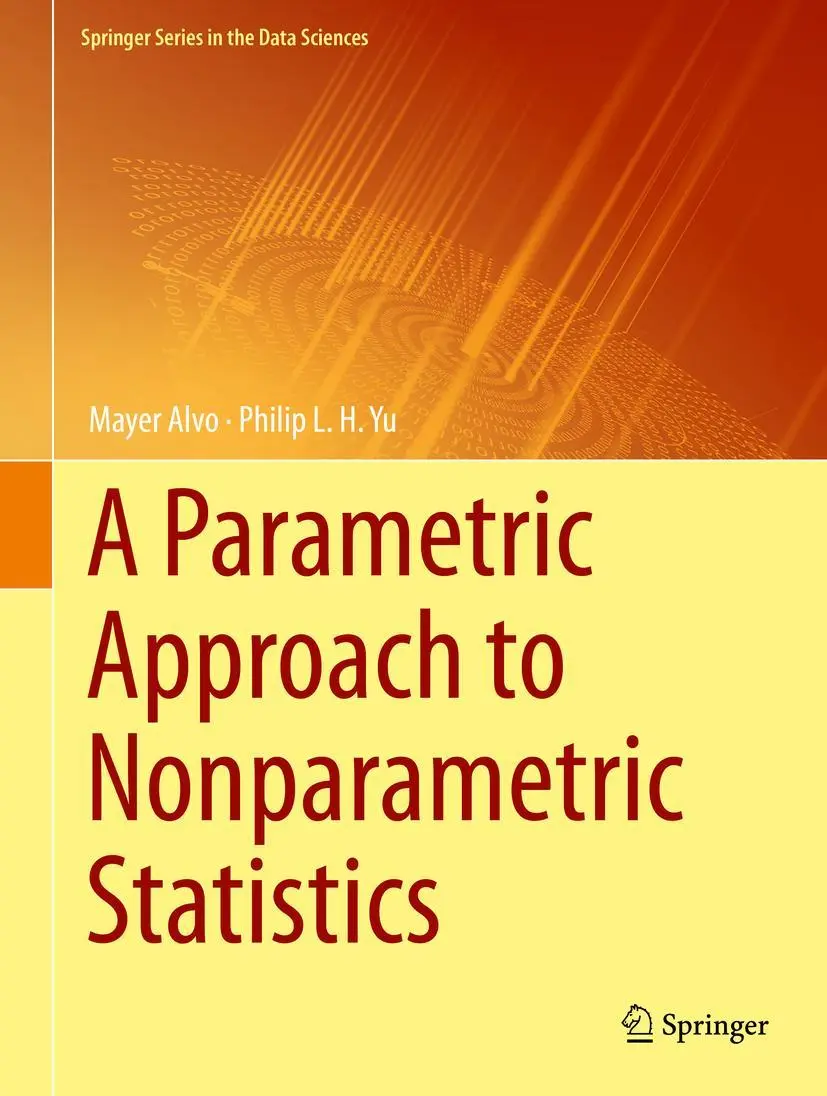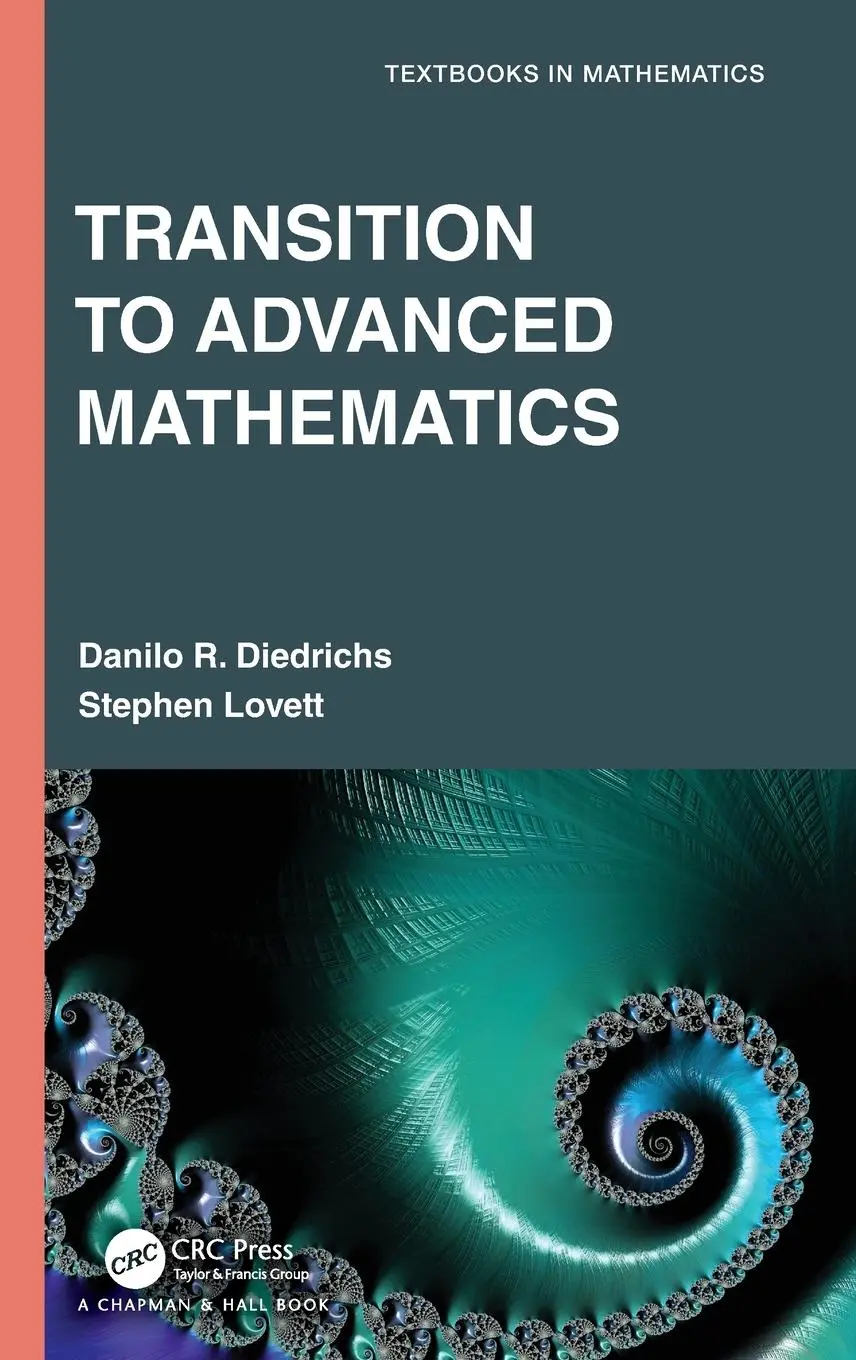Dekorationsartikel gehören nicht zum Leistungsumfang.
Sprache:
Englisch
123,95 €
Versandkostenfrei per Post / DHL
Lieferzeit 2-4 Werktage
Kategorien:
Beschreibung
This book is about some recent work in a subject usually considered part of "logic" and the" foundations of mathematics", but also having close connec tions with philosophy and computer science. Namely, the creation and study of "formal systems for constructive mathematics". The general organization of the book is described in the" User's Manual" which follows this introduction, and the contents of the book are described in more detail in the introductions to Part One, Part Two, Part Three, and Part Four. This introduction has a different purpose; it is intended to provide the reader with a general view of the subject. This requires, to begin with, an elucidation of both the concepts mentioned in the phrase, "formal systems for constructive mathematics". "Con structive mathematics" refers to mathematics in which, when you prove that l a thing exists (having certain desired properties) you show how to find it. Proof by contradiction is the most common way of proving something exists without showing how to find it - one assumes that nothing exists with the desired properties, and derives a contradiction. It was only in the last two decades of the nineteenth century that mathematicians began to exploit this method of proof in ways that nobody had previously done; that was partly made possible by the creation and development of set theory by Georg Cantor and Richard Dedekind.
This book is about some recent work in a subject usually considered part of "logic" and the" foundations of mathematics", but also having close connec tions with philosophy and computer science. Namely, the creation and study of "formal systems for constructive mathematics". The general organization of the book is described in the" User's Manual" which follows this introduction, and the contents of the book are described in more detail in the introductions to Part One, Part Two, Part Three, and Part Four. This introduction has a different purpose; it is intended to provide the reader with a general view of the subject. This requires, to begin with, an elucidation of both the concepts mentioned in the phrase, "formal systems for constructive mathematics". "Con structive mathematics" refers to mathematics in which, when you prove that l a thing exists (having certain desired properties) you show how to find it. Proof by contradiction is the most common way of proving something exists without showing how to find it - one assumes that nothing exists with the desired properties, and derives a contradiction. It was only in the last two decades of the nineteenth century that mathematicians began to exploit this method of proof in ways that nobody had previously done; that was partly made possible by the creation and development of set theory by Georg Cantor and Richard Dedekind.
Inhaltsverzeichnis
One. Practice and Philosophy of Constructive Mathematics.- I. Examples of Constructive Mathematics.- II. Informal Foundations of Constructive Mathematics.- III. Some Different Philosophies of Constructive Mathematics.- IV. Recursive Mathematics: Living with Church's Thesis.- V. The Role of Formal Systems in Foundational Studies.- Two. Formal Systems of the Seventies.- VI. Theories of Rules.- VII. Readability.- VIII. Constructive Set Theories.- IX. The Existence Property in Constructive Set Theory.- X. Theories of Rules, Sets, and Classes.- XI. Constructive Type Theories.- Three. Metamathematical Studies.- XII. Constructive Models of Set Theory.- XIII. Proof-Theoretic Strength.- XIV. Some Formalized Metamathematics and Church's Rule.- XV. Forcing.- XVI. Continuity.- Four. Metaphilosophical Studies.- XVII. Theories of Rules and Proofs.- Historical Appendix.- 1. From Gauss to Zermelo: The Origins of Non-Constructive Mathematics.- 2. From Kant to Hilbert: Logic and Philosophy.- 3. Brouwer and the Dutch Intuitionists.- 4. Early Formal Systems for Intuitionism.- 5. Kleene: The Marriage of Recursion Theory and Intuitionism.- 6. The Russian Constructivists and Recursive Analysis.- 7. Model Theory of Intuitionistic Systems.- 8. Logical Studies of Intuitionistic Systems.- 9. Bishop and his Followers.- 10. The Latest Decade.- References.- Index of Axioms, Abbreviations, and Theories.- Index of Names.- Index of Symbols.
Details
| Erscheinungsjahr: | 2011 |
|---|---|
| Fachbereich: | Grundlagen |
| Genre: | Mathematik, Medizin, Naturwissenschaften, Technik |
| Rubrik: | Naturwissenschaften & Technik |
| Medium: | Taschenbuch |
| Inhalt: |
xxiii
466 S. |
| ISBN-13: | 9783642689543 |
| ISBN-10: | 364268954X |
| Sprache: | Englisch |
| Einband: | Kartoniert / Broschiert |
| Autor: | Beeson, M. J. |
| Auflage: | Softcover reprint of the original 1st edition 1985 |
| Hersteller: |
Springer Berlin
Springer Berlin Heidelberg |
| Verantwortliche Person für die EU: | Springer Verlag GmbH, Tiergartenstr. 17, D-69121 Heidelberg, juergen.hartmann@springer.com |
| Maße: | 235 x 155 x 27 mm |
| Von/Mit: | M. J. Beeson |
| Erscheinungsdatum: | 18.11.2011 |
| Gewicht: | 0,744 kg |

